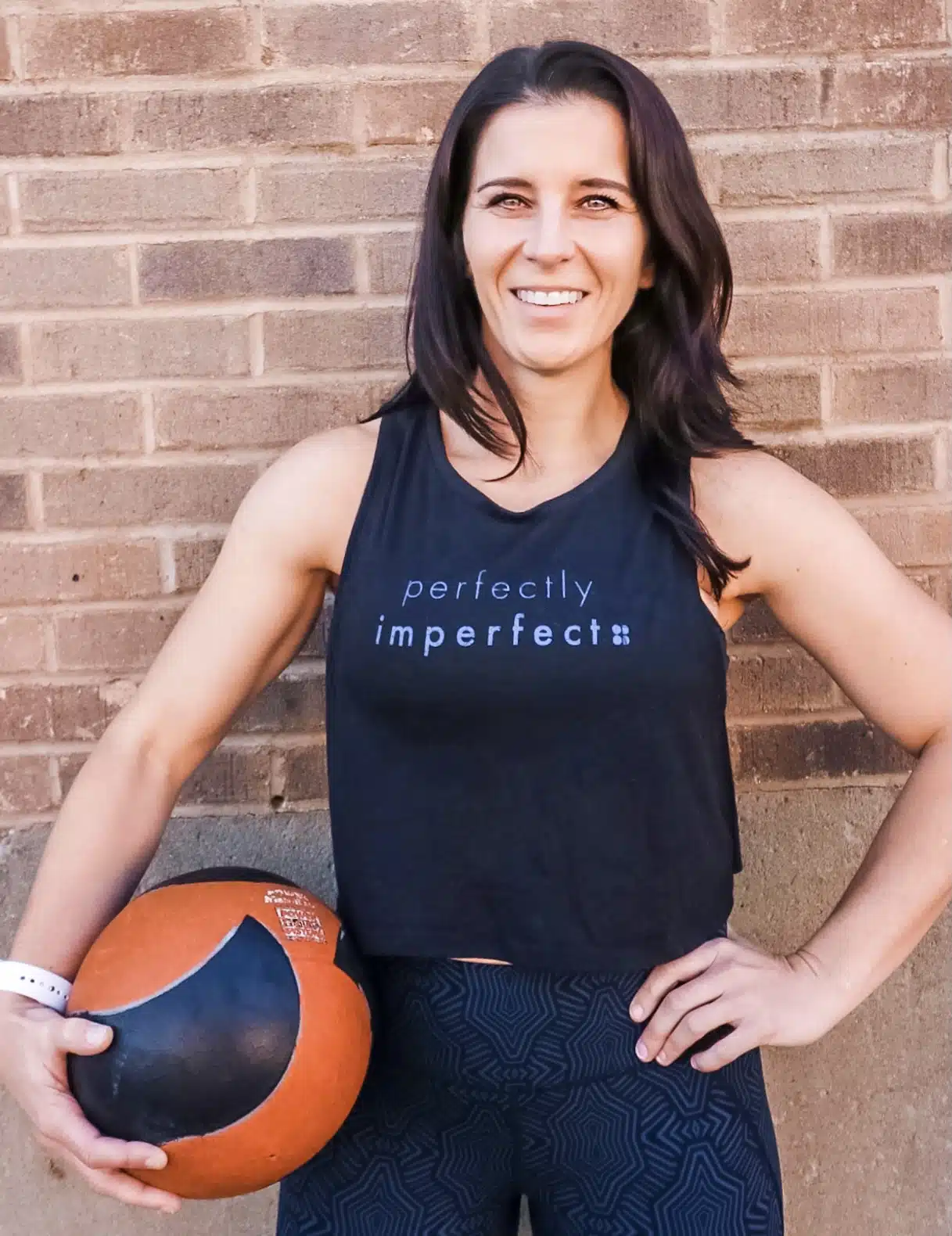Hi, friends! How’s your day going?
Here’s another edition of Marathon Talk with Monica! (If you missed the first two, you can read them here and here.) Basically, it’s a round-up of things I have asked her in the past few weeks and her replies. I hope you find them helpful in your current or future marathon training!
Do you think I should do a 22-miler?
I know it seems weird, but most marathon training plans have you run 20 miles at most. You don’t need to run 26 or even 22 miles to complete a marathon. All your training and that ‘time on your feet’ will get you through the race. Plus, the crowds, adrenaline and proper fueling all play a part in getting you to the finish line of 26.2 miles! Have faith that the last 16 weeks of training have prepared you to run a marathon.
I’m doing my 20-miler tomorrow morning. Do you have any last-minute tips/advice/words of wisdom?
Your long runs are a good opportunity to practice fueling, pacing and your mental game. This is when you figure out what works for your fuel and hydration needs. It’s also a good time to assess what type of mental motivation you need = positive mantra, tough love, distractions… Also, proper pacing for a marathon is very important. Long runs would be a good time to stick to your race day pace plus 30-90 seconds. Toward the end, aim to pick it up if you have it in you or negative splits. Use the long run as a practice for race day in all aspects.
How do you entertain yourself on solo long runs?
Sometimes I sing to myself, sometimes I cry, sometimes I pretend like a giant green dragon is chasing me and I need to get to the castle… Not really. I like getting lost in the run and just zoning out. I listen to music or just use the time to think. I’m really weird in that I’m pretty okay chilling with my head movies for about 15 miles, after that I get bored and focus on my music or try to run somewhere new.
My wave doesn’t start until 11:15 AM, but I’m leaving my house around 5:30 AM. Should I bring a second (or even third) breakfast with me? What about hydrating? I don’t want to drink too much and use the porta-potties a hundred times.
Yes, pack your usual pre-run food and drinks to take with you. You definitely want to make sure you are well hydrated and fueled going into the race. There will be plenty of time to hit up the porta-potties once you get to the pre-start area. This won’t be so bad for you since you are used to running mid-morning! Think of it as an advantage.
What’s your best advice for figuring out a pacing strategy for race day?
If you think you’re going too slow, you’re probably doing it right. It’s really hard to start off slow at a race with all the excitement of the START and music and other runners and crowds and timing gun and more! I’m not sure what corral you’re in, but Boston also has a pretty fast field overall so the other runners around you may be faster than the average bear. But, “Do YOU Boo!”
If you really have no idea what minutes per mile you should be at, go by feel. The first 1-10/12 miles should feel like “I could do this all day”. Check in with yourself a lot to make sure you are still feeling good. Once you hit the half point, you can pick it up. You do not want to be sprinting. The marathon is all about pacing and energy conservation; you have to save something for those last miles when you’re body is legit tired. Then, bring it home! On RER: How to pace yourself for a marathon.
I’m finally in taper. Is there anything I should keep in mind/be sure to do/not do?
DO: Carb-load / Rest / Continue to stretch / Get enough sleep / Stay healthy / Focus on your positive mental game / Think about your race day gear / Watch the Spirit of the Marathon (while eating popcorn)
DON’T: Get wasted / Start a new diet / Swim with sharks / Run more than the taper says because you think you know better than a professional / Hide in the closet
Try to keep your fuel and stretching routines the same. You are running less because it’s taper, but you can still be stretching and focusing on recovery during shorter runs.
How much time should I take off after the marathon?
As much as you need. There are many different schools of thought on this one. I’ve heard take off one day of hard running for every mile of the race (so 26 miles would mean 26 days before you run hard again). But since you were already in good shape before beginning training AND probably just want to get back to Crossfit you can tweak it for your needs.
I’d take off a few days from exercise completely to let your body rest and heal. Then, go on a shake-out run to assess fatigue and recovery. I don’t listen to any music or run with anyone the first run after a marathon so I can pay close attention to my body and see if I need more rest or stretching or anything in particular.













